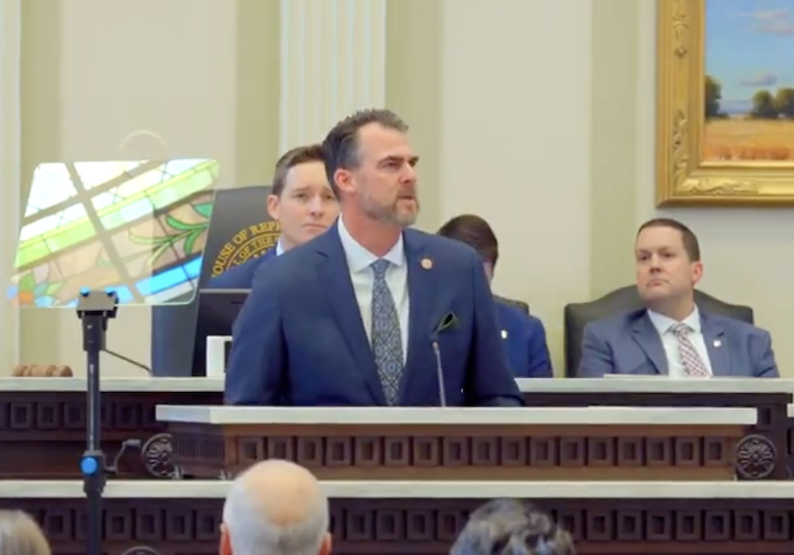Oklahoma – Oklahoma has taken a significant step toward financial efficiency with the launch of DOGE-OK, a state-led initiative aimed at reducing unnecessary federal grants, cutting government waste, optimizing asset management, and streamlining the state workforce. The program, introduced by Governor Kevin Stitt, seeks to ensure that taxpayer dollars are used effectively while maintaining high-quality services for Oklahoma residents.
DOGE-OK’s first report outlines key measures to improve government efficiency, including returning unneeded federal grants, evaluating the state employee headcount, and addressing waste and fraud in procurement processes. The initiative aligns with Governor Stitt’s long-standing commitment to reducing government overreach and improving fiscal responsibility.
One of the primary areas of focus for DOGE-OK is identifying and returning federal grants that are duplicative, underutilized, or exceed the state’s actual needs. The report highlights over $157 million in federal funds that Oklahoma can return without negatively affecting public services. These grants often overlap with other funding sources or go unused, and returning them helps prevent excessive government spending.
Since Governor Stitt took office in 2019, the number of state employees has increased slightly from 30,844 to 31,664, a growth rate far below the state’s population increase. DOGE-OK has proposed several strategies to manage staffing levels more efficiently, including analyzing workload distribution, benchmarking against similar agencies, and assessing cost-effectiveness. The goal is to ensure that Oklahoma has fewer state employees by 2026 than in 2019 while maintaining efficiency and service quality.
DOGE-OK has completed a thorough review of state-owned and leased properties to enhance efficiency. The initiative includes a detailed audit to assess property usage, conditions, and costs. By centralizing property management, the state aims to eliminate underused and vacant spaces, consolidate high-cost properties, and transition agencies into shared facilities. Additionally, Oklahoma plans to sell or lease surplus properties to maximize taxpayer benefits.
To combat financial inefficiencies, DOGE-OK has expanded upon efforts by the Office of Management and Enterprise Services to track spending and prevent fraud. The report identifies $8.48 billion in statutory-exempt purchases, $190 million in flagged purchase card transactions, and $3 billion in off-contract spending. By renegotiating bulk purchases and tightening oversight, DOGE-OK aims to eliminate unnecessary expenditures.
Governor Stitt emphasized the importance of the initiative, stating, “Oklahomans work hard for their money—DOGE-OK is making sure the government does the same. We all want Oklahoma to lead with common sense and make responsible choices that prioritize citizens over bureaucracy.”
With DOGE-OK in place, Oklahoma is taking steps toward a more transparent, cost-effective government, reinforcing its commitment to responsible fiscal management and taxpayer accountability.




